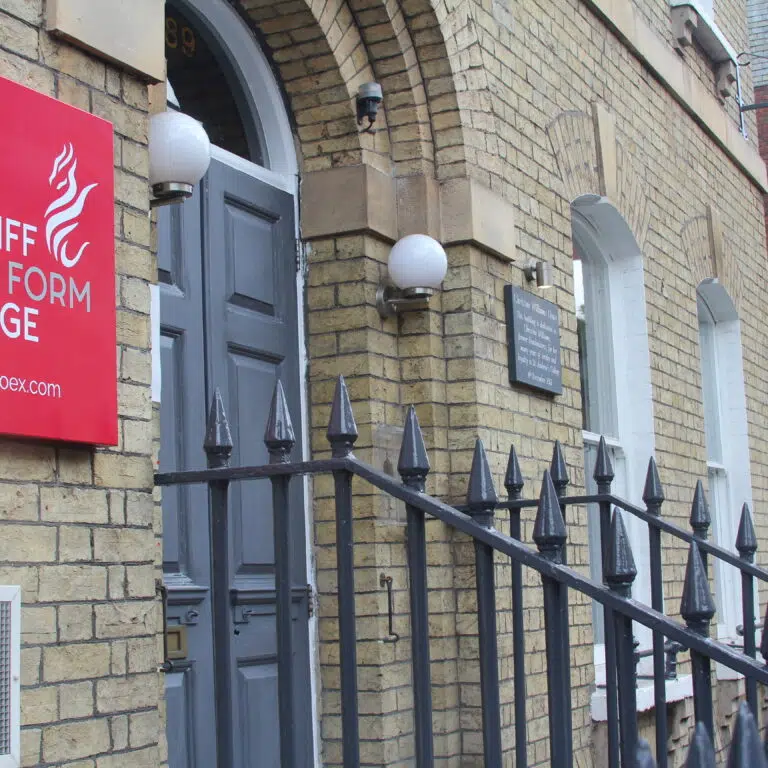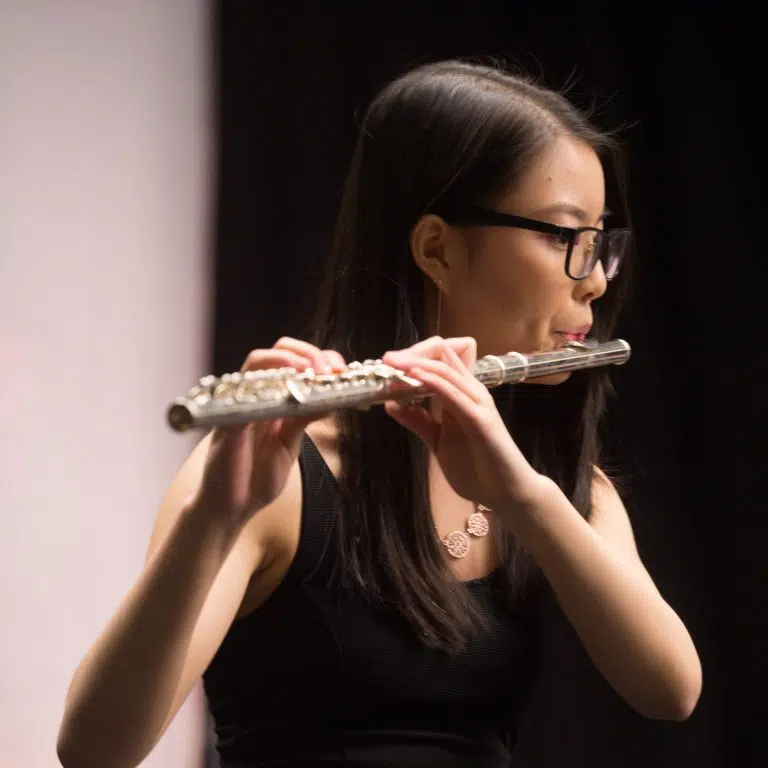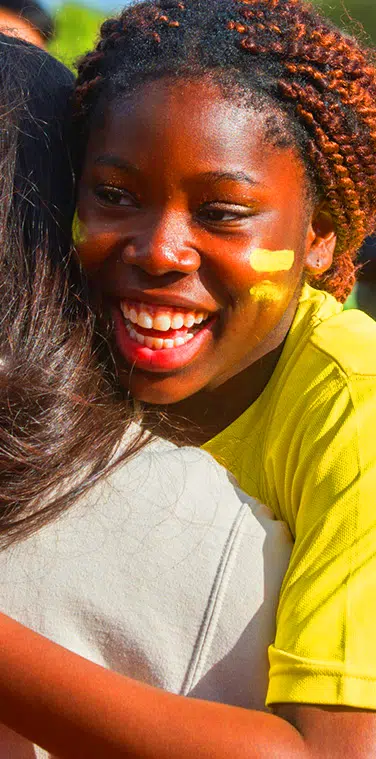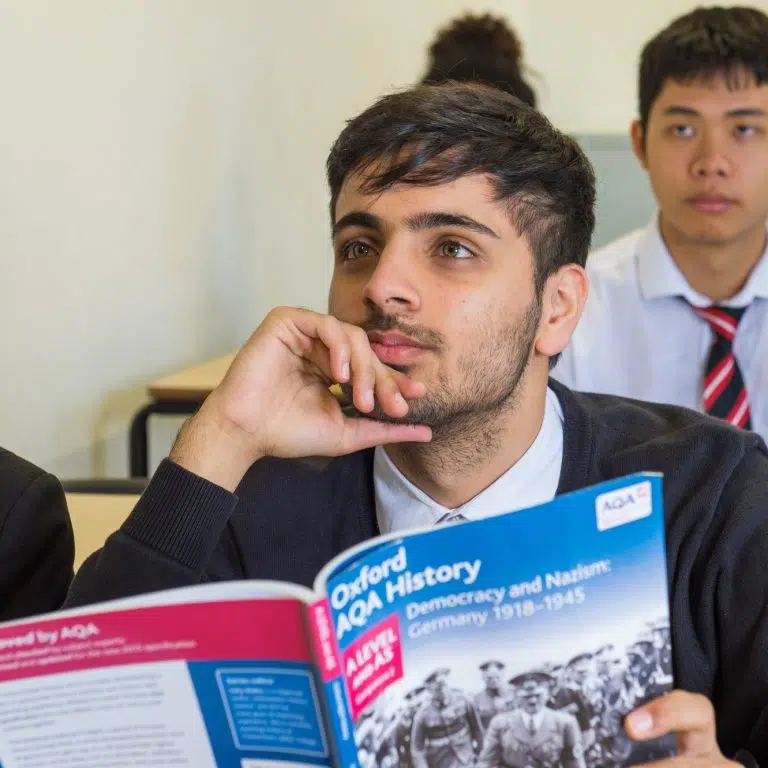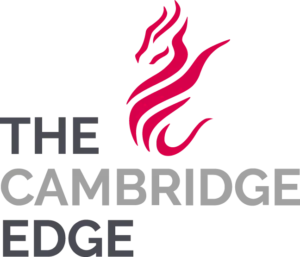
Students studying at Cardiff Sixth Form College Cambridge have the unique opportunity to take part in The Cambridge Edge. This is a world-class super curricular offer, designed to enable our students to tap into the vibrant academic and technological life here in Cambridge and provides opportunities for students to work with the University of Cambridge and leading local businesses in the vicinity.

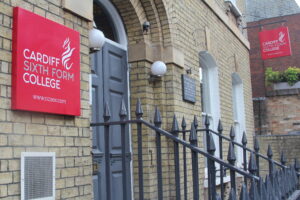


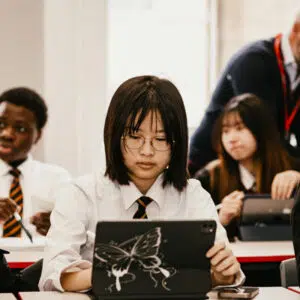
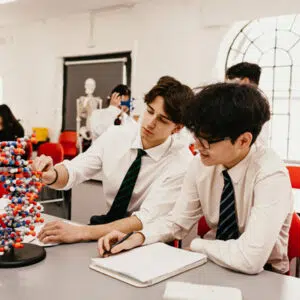
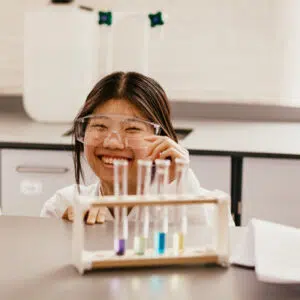

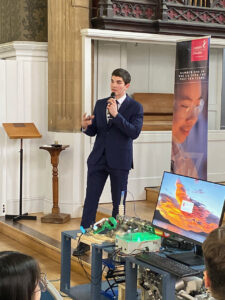 Fusor Project- Cesare,
Fusor Project- Cesare,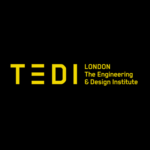
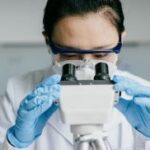
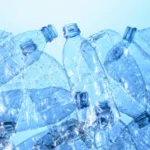
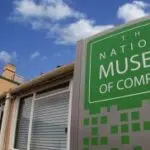 COMPUTER SCIENCE ENRICHMENT WEEK TRIP
COMPUTER SCIENCE ENRICHMENT WEEK TRIP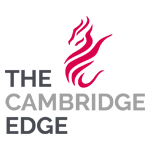 Imperial College NASA Space Design Competition
Imperial College NASA Space Design Competition